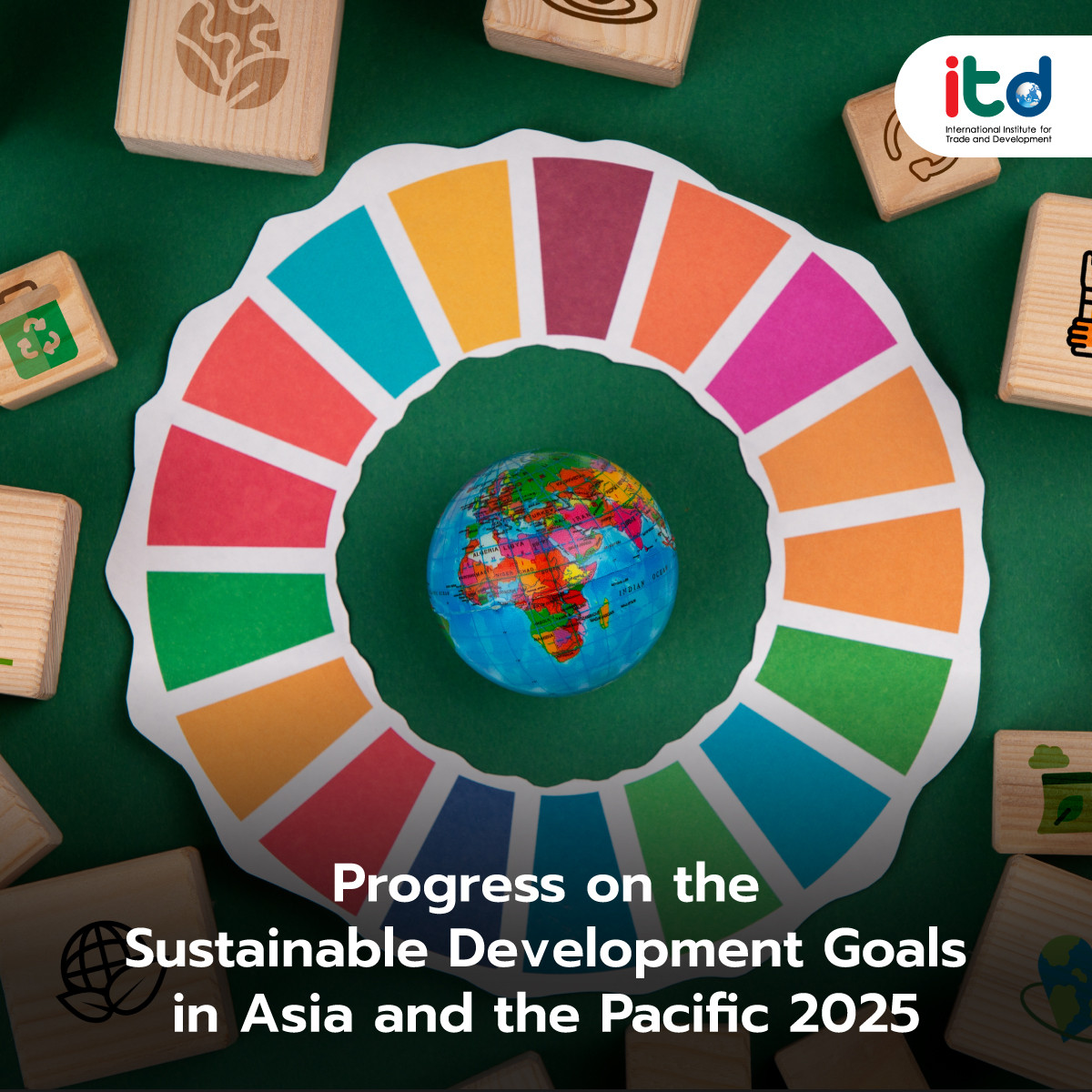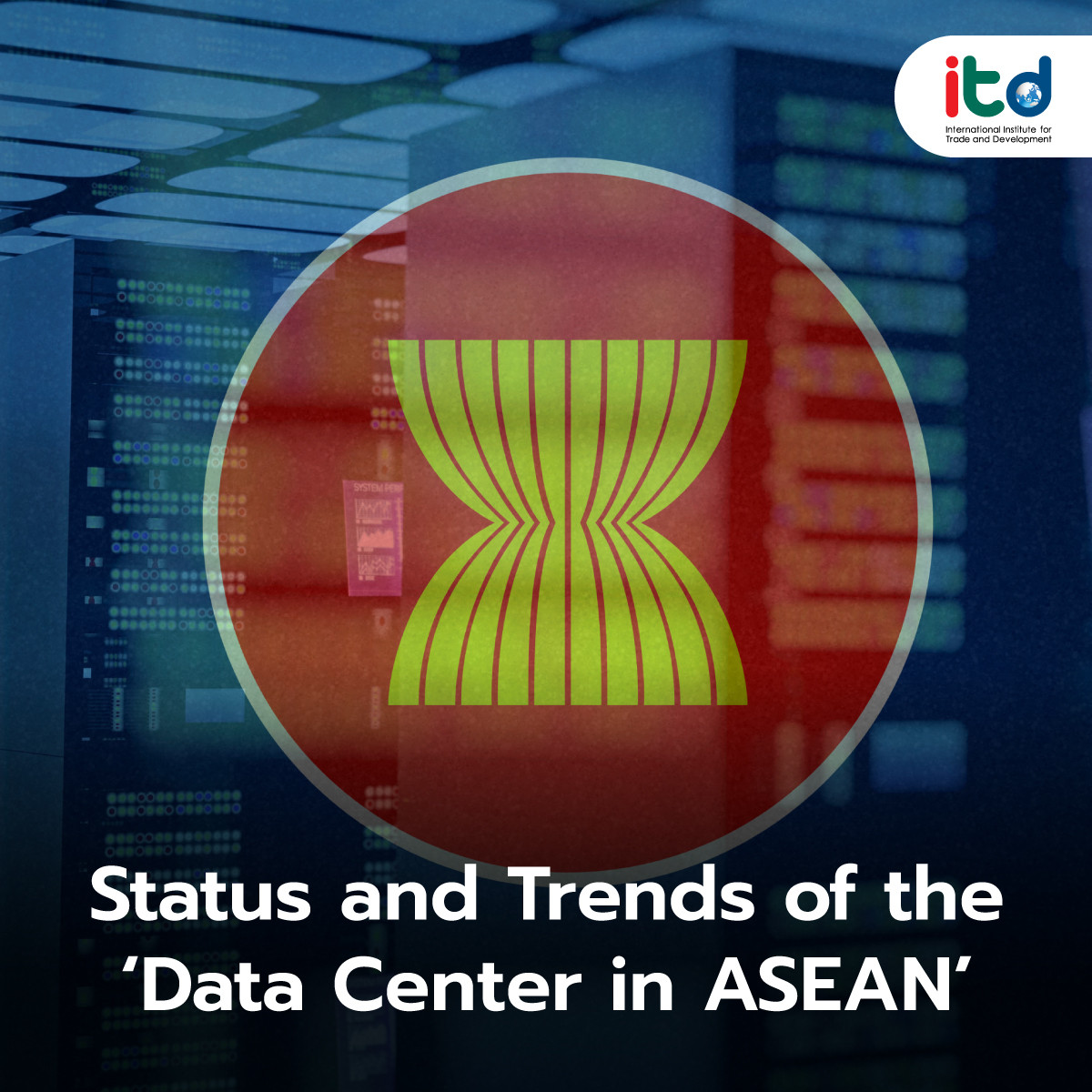About Documents
Although countries in the Asia-Pacific region have made ongoing efforts to implement the 2030 Agenda for Sustainable Development, a report released by the United Nations Economic and Social Commission for Asia and the Pacific (ESCAP) on 19 February 2025 highlights that progress towards achieving all 17 Sustainable Development Goals (SDGs) remains “significantly off track” or even stagnant. This is particularly evident in key areas such as responsible consumption and production (SDG 12), quality education (SDG 4), and decent work and economic growth (SDG 8).
The slowdown or regression in progress is attributed to several critical factors, including increased fossil fuel subsidies, persistently low literacy and numeracy levels in several countries, and unsustainable production patterns. Environmental indicators also reflect negative trends, such as declining revenues from sustainable fisheries and the degradation of forest and land areas, posing challenges to the achievement of life below water (SDG 14) and life on land (SDG 15).
ESCAP’s report expresses particular concern over the clear regression in climate action (SDG 13), as the region is highly vulnerable to natural disasters and is responsible for approximately half of global greenhouse gas emissions. Nevertheless, the report also identifies notable progress in areas such as industry, innovation and infrastructure (SDG 9) and good health and well-being (SDG 3), especially in terms of expanded mobile network access and improved maternal, infant, and child health. These achievements demonstrate that focused investments and effective policy measures can result in meaningful progress.
The report emphasizes the urgency of reversing negative trends, particularly those linked to climate change and disaster risk. Despite these challenges, the Asia-Pacific region shows relative strengths compared to other regions. Examples include progress in reducing income poverty (SDG 1), lowering undernourishment rates (SDG 2), increasing passenger and freight transport (SDG 9), decreasing hazardous waste (SDG 12), and reducing human trafficking and intentional homicide (SDG 16).
However, the region still lags in critical areas such as decent employment, climate change mitigation, marine resource management, and promoting global partnerships. Countries in special situations—including least developed countries, landlocked developing countries, and small island developing states—are experiencing setbacks in goals related to sustainable consumption and production, decent work, and sustainable cities. These countries require special attention and targeted support, especially in the context of climate change.
At the national level, data reveal varied trends. Some countries show progress in specific goals but regress in others—signaling the need for nuanced policy responses. Meanwhile, certain countries, despite being in a region with overall slow progress, have achieved noteworthy results in select areas, offering valuable lessons and case studies. A pressing concern remains persistent inequalities and the exclusion of vulnerable groups from development benefits. Overlapping factors—such as age, gender, educational attainment, location, and economic status—have deepened disparities. Household survey data indicate that poverty and low educational levels are key barriers to accessing basic services such as clean water, energy, and sanitation.
An emerging and promising approach involves strengthening partnerships among governments, development partners, and local communities to apply innovative solutions. Strong political leadership, resource mobilization, and enhanced cooperation can position public institutions in the Asia-Pacific region to lead this transformation. A whole-of-society approach, combined with investments in the digital transformation of data and statistical systems, will be essential for modern, effective monitoring and evaluation.
Author:
Mr. Wimon Punkong
Deputy Executive Director (Academic)
International Institute for Trade and Development (Public Organization)
www.itd.or.th
Publication: Bangkok BIZ Newspaper
Section: First Section/World Beat
Volume: 38 Issue: 12876
Date: Wednesday, Apr. 9, 2025
Page: 8 (bottom-left)
Column: “Asean Insight”





